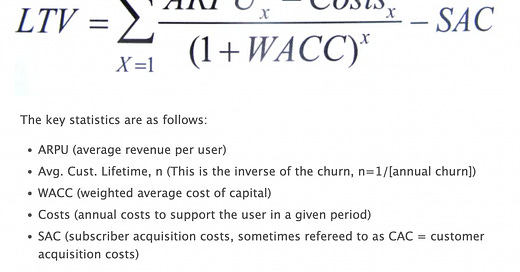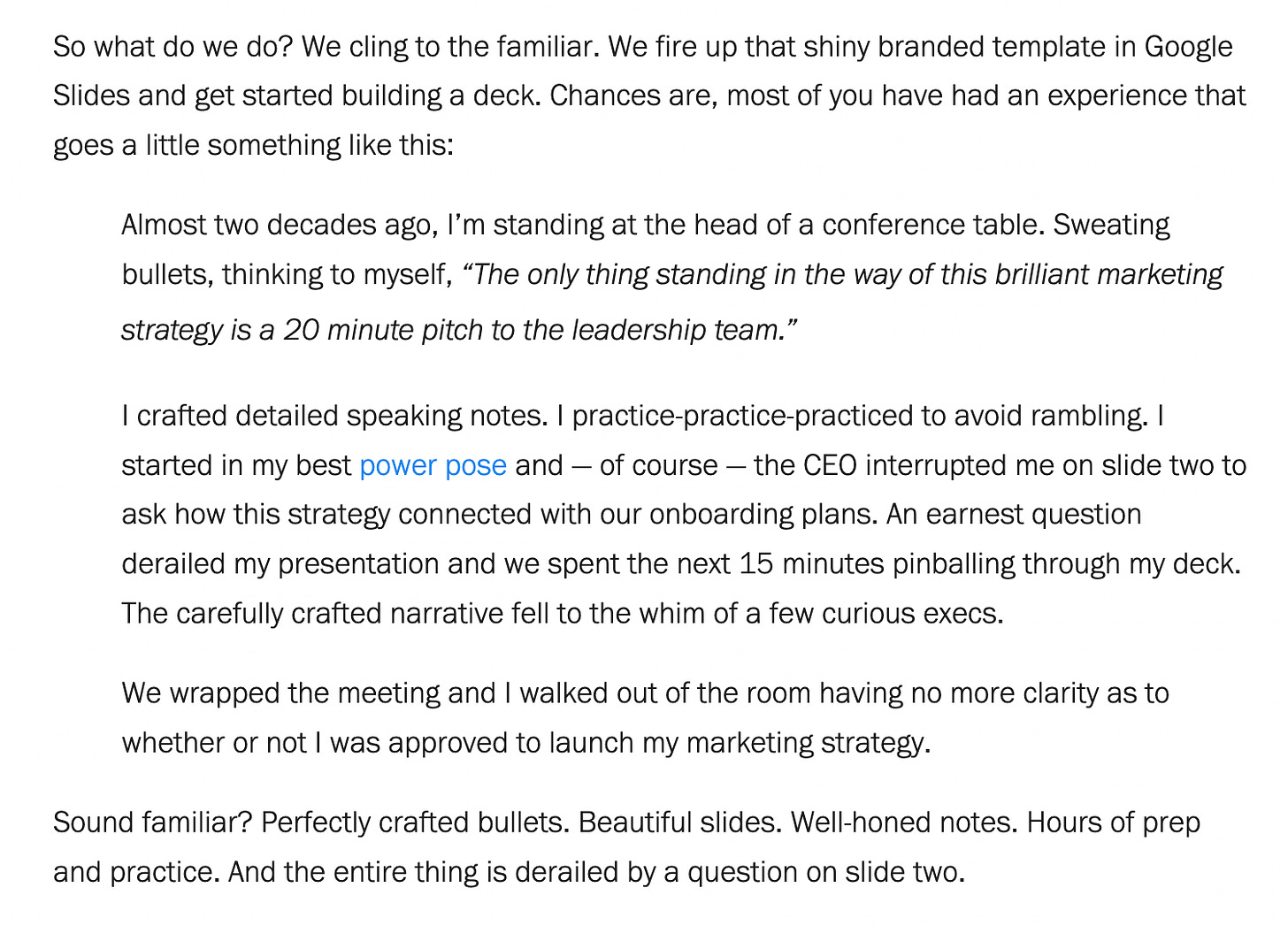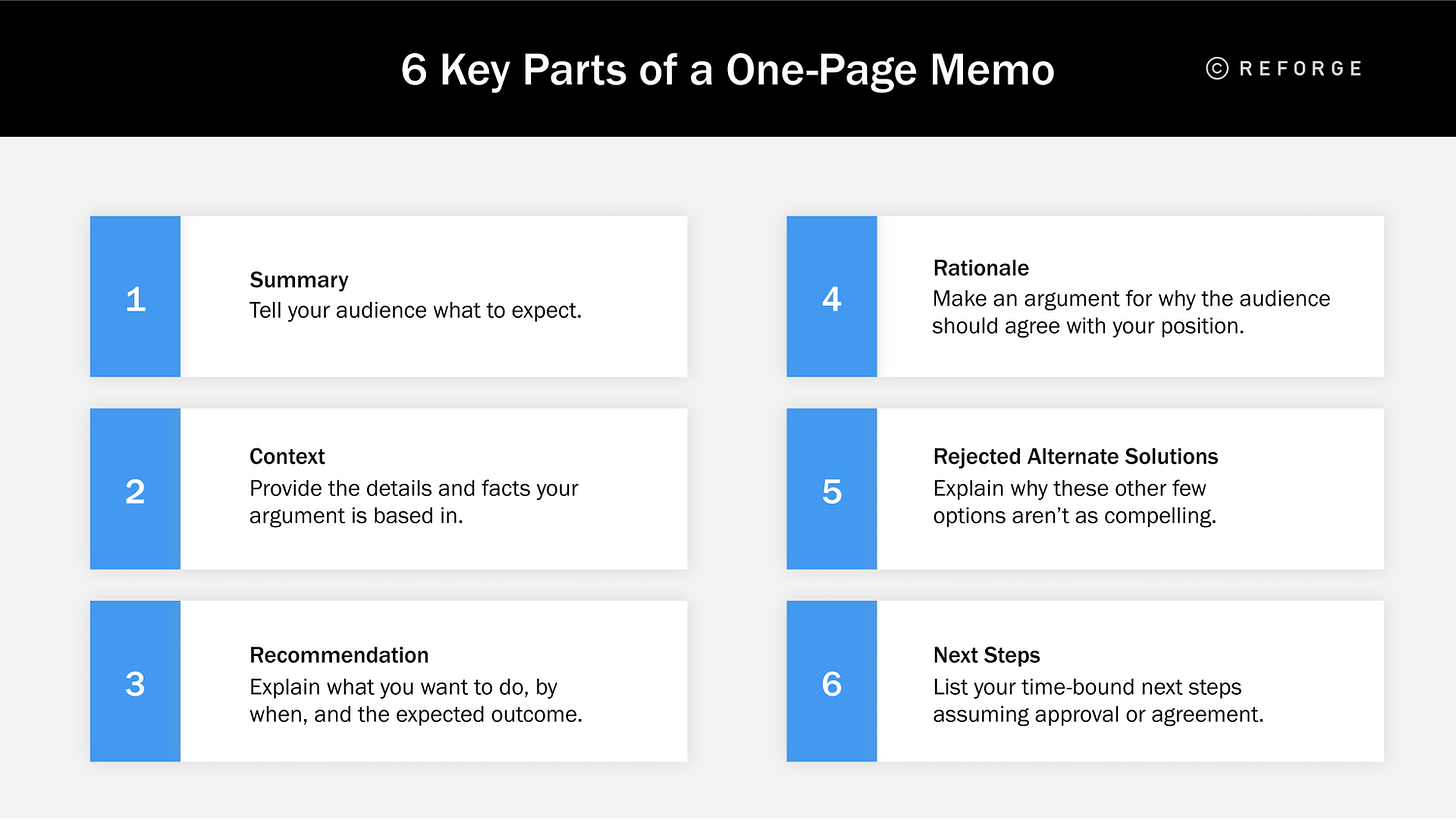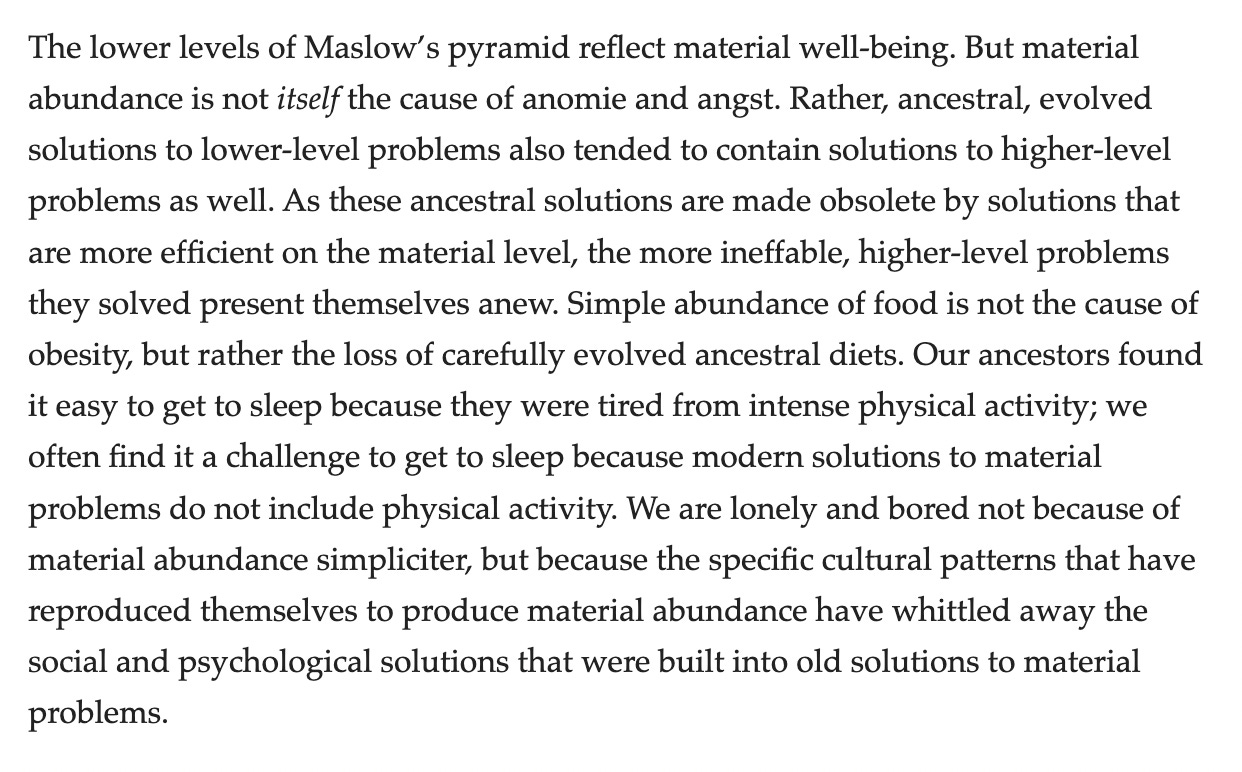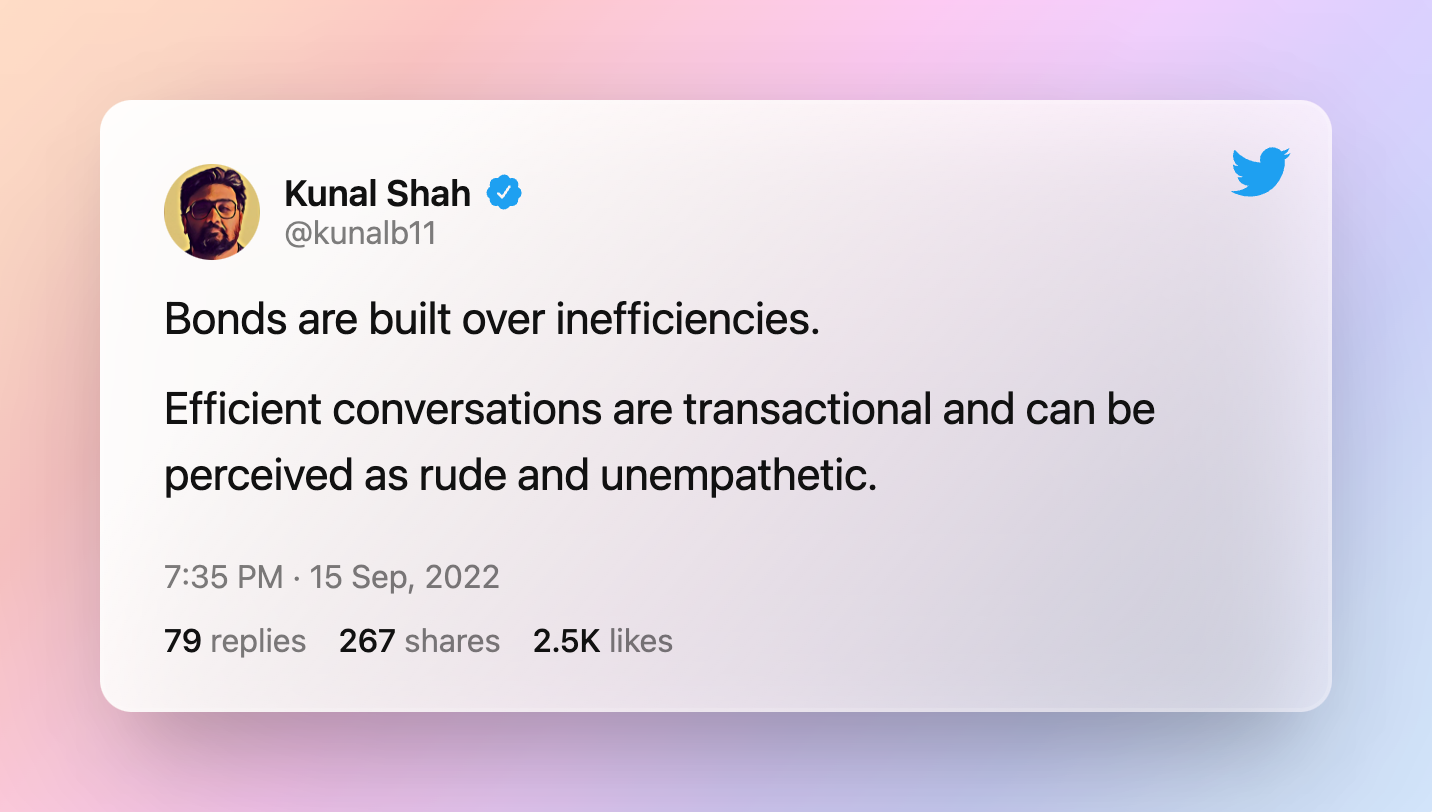#74 Taking responsibility for yesterday is great. Taking action for tomorrow is even better.
A lot of counterintuitive lessons in one post!
Welcome to the post #74.
I read to satiate my curiosity. Currently, I am exploring the width & depth of customer experience, brand, storytelling, hiring & building teams, content & communities (yes that’s a lot of interest!). Some of my catch finds its way to this newsletter.
I’ve enjoyed curating this every week over the last 74 weeks. I’ve met many like-minded people and have exchanged ideas and inspirations. If you liked what you read here, can you please share it in your circle and help expand this group?
And now, let’s get to today’s discoveries.
1. Lifetime Value (LTV)
It’s been a decade since Bill Gurley wrote this seminal piece on LTV titled - “The Dangerous seduction of the Lifetime Value (LTV) formula”. It’s a fantastic read that warns of many of the issues that we notice now around basing our business and marketing strategies on a very narrow view on CAC-LTV model.
The formulae that he is referring to is as follows:
Most of the businesses I’ve interacted with use an even simpler version of this ignoring the WACC (and sometimes even the costs) elements. As we’re looking for high and frequent repeat categories, this simplification around WACC can be ok to some extent. But, ignoring the costs aspects and doing the projections of revenue only can be a gross misstep. Even the digital products have a cost of servicing (no matter how negligible) and that should be accounted for.
(via Digital Native)
2. Reasonable/Unreasonable matrix
GV Ravishankar recently shared a short post titled “Nice folks don’t finish last; they finish with lasting relationships”. Its core premise states - Understanding where you, and the people around you, sit on the ‘reasonable/unreasonable’ matrix can help you navigate almost any situation with more clarity.
This snippet is particularly useful for anyone (who most likely assume themselves to be “reasonable” types).
Over time I have come to the realization that there are two ways to deal with unreasonable people.
a) If the unreasonable person is unreasonable and they know it because they know it’s worked for them and they are brazen about it, then better to not deal with that person – life is too short and this behavior of theirs will hurt you in the future. So best to avoid them!
b) If the unreasonable person is unreasonable and doesn’t know it, it’s worth helping them see it and if they change that then maybe you can still make things work! But most often people are not easy to change!
Finally, the title of the post says a lot about “reasonable” folks and the long term outcomes that they can achieve. This quote from George Bernard Shaw is an apt ending to the very thoughtful piece:
“The reasonable [wo]man adapts himself to the world; the unreasonable one persists in trying to adapt the world to himself. Therefore, all progress depends on the unreasonable [wo]man”. But if you are an unreasonable person who wants to win in the long-term, I have some advice for you to consider – be as smart as possible but not smarter!
Thankyou GauravJ for recommending GV Ravishankar’s blog. He does not write often, but it is highly insightful & enjoyable whenever he posts his thoughts.
3. One Page Memos
In the past, I’ve dabbled over creating PPTs and pre-reads Docs for the leadership teams. While PPTs do a decent job for status update or project review meetings, they often feel inadequate for reviewing new ideas & driving decisions. Here’s how Kevin Bechtel describes this limitation:
We all have been there.
One of the tools that we’ve used to overcome this was a one pager summary slide at the beginning of the presentation. It quickly calls out the goal, key insights, key decisions & next steps on the decision. It can work for many.
Kevin recommends using a one-page memo for such meetings. He argues…
With practice, a well-written one-page memo makes space for a much more efficient use of meeting time. They're an effective communication tool that can help you:
Clarify: Refine your thinking, pressure test your argument
Engage: Make a compelling case through narrative structure
Lead: Host effective meetings to drive faster, better decisions
Here’s the template that he has suggested and explained in his post “How to write a one-page memo".
I find it better to use the summary slides we used earlier. It has better structure both in articulation (well-crafted sentence over bullet points) as well as presentation.
(via Refind)
4. Blog your heart!
Robin Rendle has a very unusual career advice for us - “take care of your blog”. He says:
Blog your heart! Blog about something you’ve learned, blog about something you’re interested in. Blog about cameras or HTML or that one browser bug you’ve noticed this morning or blog about the sky above you right this very second. How many clouds are up there?
He further goes on to say this:
There are no rules to blogging except this one: always self-host your website because your URL, your own private domain, is the most valuable thing you can own. Your career will thank you for it later and no-one can take it away.
I started blogging 17 years ago, did it regularly for over 4 years and then somehow left it. I picked it up somewhere in between and then lost again. My earlier blogs (hosted on blogger, later moved to my personal website that I forgot to renew) are still out there. Comment if you were able to find them.
This newsletter is leaving some breadcrumbs around my learning & thinking. Maybe a website and blog will happen soon, if things go as per the plan.
(via Om Malik)
5. Garden need walls
Sarah Perry’s essay “Gardens need walls: on boundaries, ritual, and beauty” is unlike any other philosophical posts I’ve shared so far. It’s packed with ideas that can span over a semester if expanded further. It’s core premise is as follows:
Boundaries are an inherent, universal feature of complex systems. Boundaries arise at all scales, defining the entities that they surround and protecting them from some kinds of outside intrusion. To be functional, boundaries must be permeable, allowing the entities to take energy and information from outside themselves.
She goes on to expand it in multiple angles and provides a reasonable food for thought for each one. It’s a dense read, I must warn. Here’s another snippet worth noting:
(via Stoa Daily)
6. Lord of the rings
I’m doing a rewatch of the “Lord of the Rings” trilogy. I last watched it in my college days so it’s been some time. I did revisit some parts during “The Hobbit” trilogy years. But, I never got to doing a complete revision.
I remember loving this series for three reasons - 1) beautiful storytelling made amazing with poetic dialogues, 2) mesmerizing soundtrack by Howard Shore and 3) picturesque locations from New Zealand that aided to the grandness of the movie.
The new series on Amazon Prime got me excited to get started again. And I must say, it’s been amazing to get back to this fantasy world. The new series does a decently good job so far (the GoT prequel is such a let down, in comparison).
And yes, while we’re talking about LOTR, it would be unfair if we don't talk about Peter Jackson. Here’s a recent post from Ankesh in his “Genius Biographies” newsletter covering a backstory about how Peter Jackson achieved what many great directors & studios could not achieve for decades. It makes the joy of watching this series even better.
7. Everything else
Some random goodness from the internet:
The most horrible hotel in town - a lesson in tone of voice & creative adventure. (via Tone Knob)
Reality of celebratory gunfire in the USA. Our story will not be any different. (via Sidebar)
Georgia Low’s papercut art is beautiful, especially the recent miniature ones with the frames. (via Instagram recommendation)
Jack Nicolson received Oscars for the best actor with a skit done on the set of his upcoming movie that later went to get him the best actor award the next year as well. (via Storythings)
The ultimate manhole covers site - blessed are those souls that provide beauty to these nondescript items. And blessed are those souls who compiled this website. (via BrainPint)
10 ideas for building great culture in a distributed team (any team actually).
Excellent visual storytelling to explain the impact of Truss and Kwarteng’s 'mini-budget' in the UK. (via Storythings)
Before we sign off, here’s another piece of counterintuitive advice.
That's all for this week, folks!
If you enjoyed this post, show your love by commenting and liking it. I write this newsletter to share what I learnt from others. If you learnt something from this today, why not share it with a couple of your friends to continue this chain?
PS: Post title via Seth Godin

